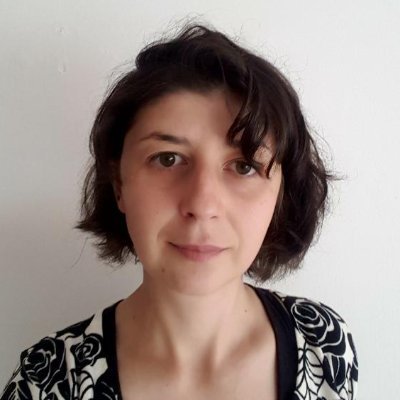Adriana Rudling is a Post-Doctoral Fellow at the Global Research Institute at William & Mary, USA. Her research interests center on the interactions between victims of massive and systematic human rights violations and measures and state bureaucracies established in (post-) transitional societies to respond to their harms. She has written on the fragmentation of organisations representing victims of forced disappearance, the activism of individuals and groups involved in retrieval of human remains in the midst of ongoing conflicts, and the bureaucracies administering forced disappearance in Colombia and Panama.
Adriana’s articles include:
Rudling, Adriana. 2019. “What’s Inside the Box? Mapping Agency and Conflict within Victims’ Organizations.” International Journal of Transitional Justice 13 (3): 458–77. This article, based on my PhD research in Colombia and Panama, maps how unity is performed externally by organisations that represent victims of forced disappearance. It also shows the process by which this veneer breaks down in the face of failed intra-group negotiations that go beyond what powerful members of these organisations are willing to accept.
Rudling, Adriana, and Lorena Vega Dueñas. 2021. “Liquid Graves and Meaning Activism in the Colombian Armed Conflict: The ‘Bottom-up’ Recovery and Memorialisation of Victims of Forced Disappearance.” Journal of the British Academy 9 (3): 121–37. This article was my first collaboration with a dear friend. It came out of our pandemic ZOOM sessions when, even living in our field sites, we could not access the field. Questions relating to how we interpret risks, what risks we are willing to take, how political are everyday actions and what is political about them loomed large for all. With this article, we decided to ‘situate’ these issues in the work done by ordinary people who assume the risks of contradicting legal and illegal actors governing the retrieval of human remains in Colombia.
